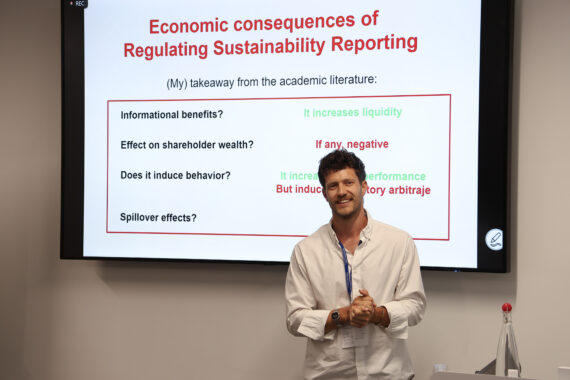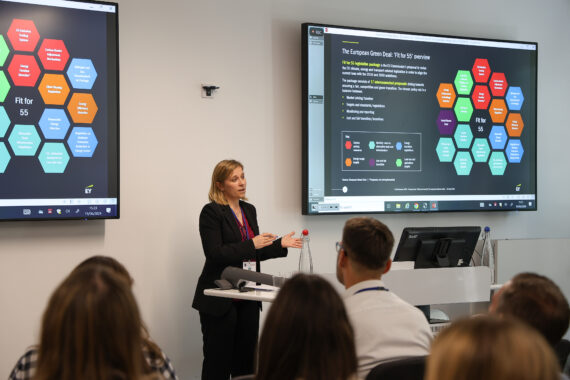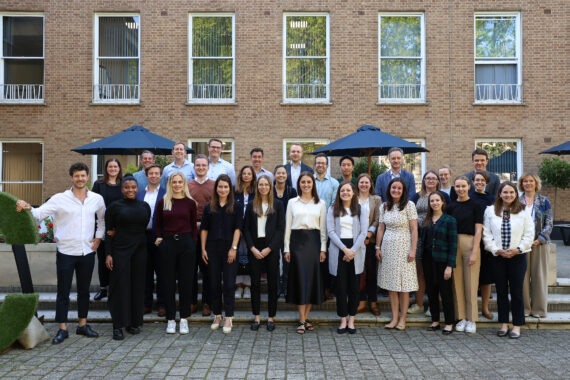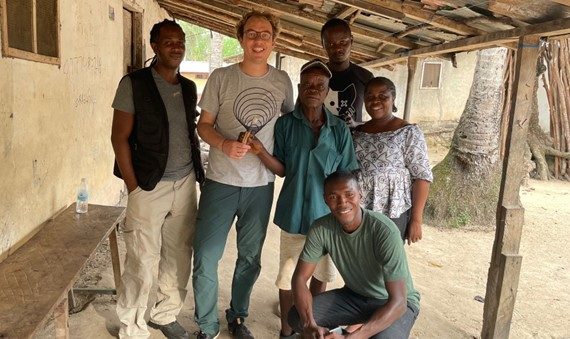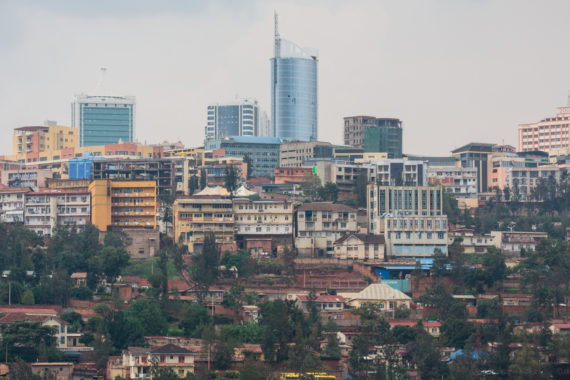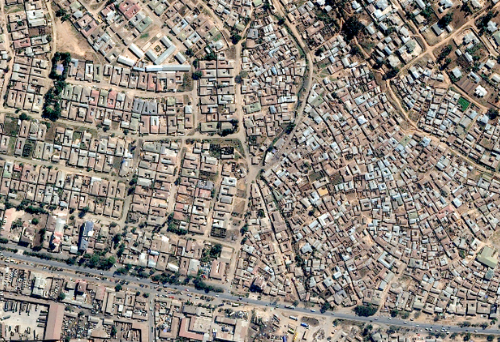New Research on Taxes and Transparency Regulation for Sustainability
The final session of the Tax Bootcamp 2024 at London Business School was focussed on two research papers, centred around tax and ESG in different geographical regions including developing countries. Each was presented by one of the researchers, discussed by an independent academic, and assessed for policy implications by a third party. This article is…

